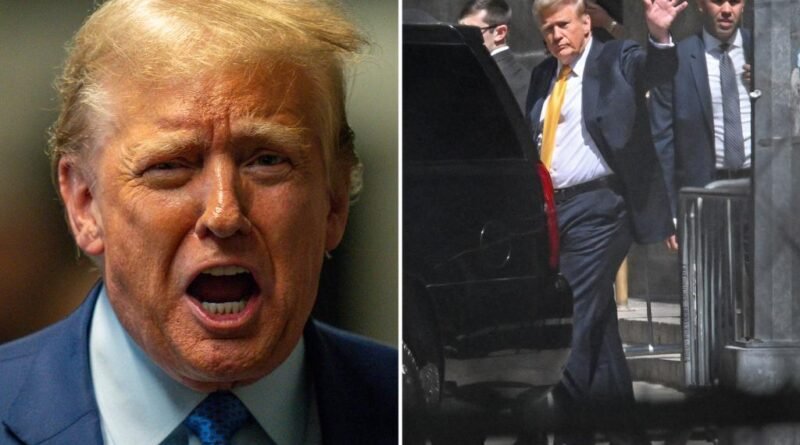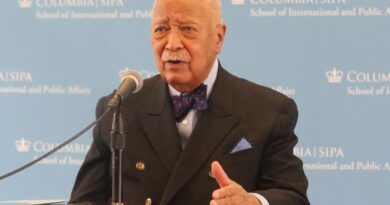Why the Case Against Trump Should Result in a ‘Not Guilty’ Verdict

As the trial of former president Donald Trump nears closing arguments, his defense counsel faces a peculiar situation. Legal experts are still debating the specific crime alleged by District Attorney Alvin Bragg.
Trump’s lawyers are defending him against a state misdemeanor charge that had expired under the statute of limitations. However, it was revived as roughly three dozen felonies, claiming that bookkeeping violations related to payments to Stormy Daniels were committed to conceal another crime.
Despite weeks of trial, the actual second crime being alleged remains unclear.
Judge Merchan ruled that the jury does not need to agree on the specific crime. The jury could split their opinions, and it will be treated as a unanimous verdict.
This case should have been dismissed for lack of evidence or a clear crime. The burden of proof rests on the government, not the defense.
However, the presumption of innocence can be challenging in criminal cases, especially given Trump’s name and the Manhattan jury.
Three-legged Stool
The government must prove the falsification of business records, the intention to conceal another crime, and criminal intent by Trump to influence the election.
The First Leg: Falsification of Records
It’s not clear whether Trump had any knowledge of the falsification of records related to payments made to Stormy Daniels.
The government’s claims of criminal intent rely heavily on Michael Cohen’s testimony, a disbarred lawyer and serial perjurer.
The Second Leg: The Secondary Crime
The defense needs to emphasize that non-disclosure agreements and payments to avoid scandal are common in many circles, not necessarily illegal.
The testimony of David Pecker, the former publisher of the National Enquirer, also challenges the government’s case.
The Third Leg: Criminal Intent
The government’s case relies on Cohen’s credibility, which has been questioned due to his history of dishonesty and financial interest in attacking Trump.
In the end, the defense must address the lack of evidence and the presence of reasonable doubt in the case against Trump.
Convicting someone without evidence or a clear crime sets a dangerous precedent for justice.
Jonathan Turley is an attorney and professor at George Washington University Law School.



